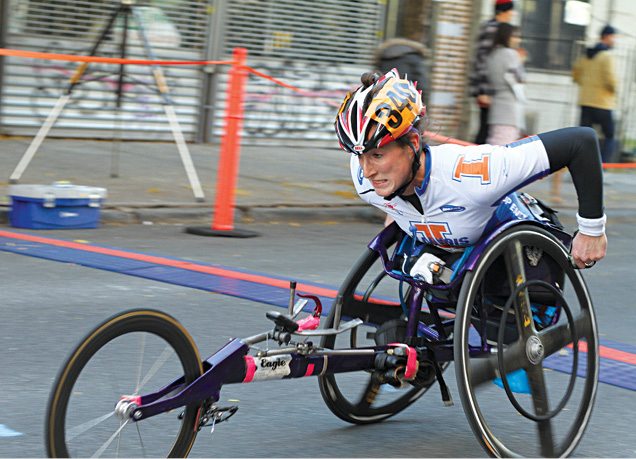
A Kerala based IT company has developed a smartring to control electronic gadgets such as mobile phones, car music systems, home appliances and more. It can be worn on a finger and used to switch on and off electronic gadgets including mobile phones without picking these up. The ring can also be used as a car key and enables users to attend phone calls or control the music system without taking their hands off the steering wheel.
It uses smart, low-energy technology such as Bluetooth for communication with connected devices. It can transmit natural gestures as commands to a Bluetooth-connected device such as a smartphone, music player, gaming console, digital interface inside a car or television set.
Further scope
Assistive electronics technology can be customised with the use of electronics to make life easier for a disabled person. The personal computer can be the backbone of independence for millions of individuals with sensory, physical and learning disabilities.
Many people with disabilities face a variety of challenges in terms of providing computer input, interpreting output and reading documentation. For such persons, the keyboard, mouse and monitor are of prime concern. Therefore adaptive hardware and software have been developed to provide alternatives.
Screen-reader programs are designed to allow even completely blind people use the computer. These convert text and icons to speech so they can use a computer without needing to look at the monitor.
Accessible computer equipment and compute-access aids can make it easier for users to use word-processing programs, surf the Internet and send emails, but these can also help non-computer users handle many non-computing tasks.
Any system that aids individuals who are not independent verbal communicators is known as an augmentative communication system. The system can include speech, gestures, sign language, symbols, synthesised speech, dedicated communication aids or microcomputers.
Voice-recognition and dictation systems are powerful assistive technologies that allow persons with disabilities control a computer and dictate documents verbally using spoken commands.
A number of companies as well as individual entrepreneurs are focussing on people living with disabilities. They are creating adaptive devices to help improve their customers’ lives. Legislation (Disabilities Discrimination Act) and social awareness and concern for persons with disabilities are also fostering development of assistive technology.
Incorporating assistive technology, these gadgets include anything that help people complete everyday tasks, and these cover all ranges of complexity. This is a very exciting time for new developments in assistive technology. Development programs are regularly updated so new and previously-unseen technology is en-route to improve accessibility for the disabled.
With the advent of e-book readers like Kindle, Sony E-reader and Nook, there could be another wave of new methods for people with learning disabilities and other conditions to access e-books and books. However, not all devices have text-to-speech capability, and if this proves useful, other producers of e-book readers will probably follow suit and adopt that utility in the near future.
Specialty computer stores often carry items like screen-reading software that include screen-enlargement features for persons with vision impairments. Voice-recognition systems, modified keyboards and computer mice are also available for people with mobility and dexterity limitations. By current estimates, more than 4000 assistive technologies have been designed for the disabled and seniors. These include everything from wheelchairs to a wide assortment of high-tech tools.
Many companies today are turning their research and development to assistive technologies. To benefit from using an assistive device, there is a need to consult a healthcare professional such as doctor, pharmacist or an occupational therapist to find out what is available to suit individual requirements. It is important to not let the disability or sensory loss infringe on the lifestyle, especially when tools and devices exist to help and overcome these obstacles.
Dr S.S. Verma is a professor at Department of Physics, Sant Longowal Institute of Engineering and Technology, Sangrur, Punjab











“At present, Hawking is at Dennis Stanton Avery and Sally Tsui Wong Avery, as director of research at Department of Applied Mathematics and Theoretical Physics and founder of Centre for Theoretical Cosmology at Cambridge”.
I’m sorry to remind you that Hawkins died in 2018